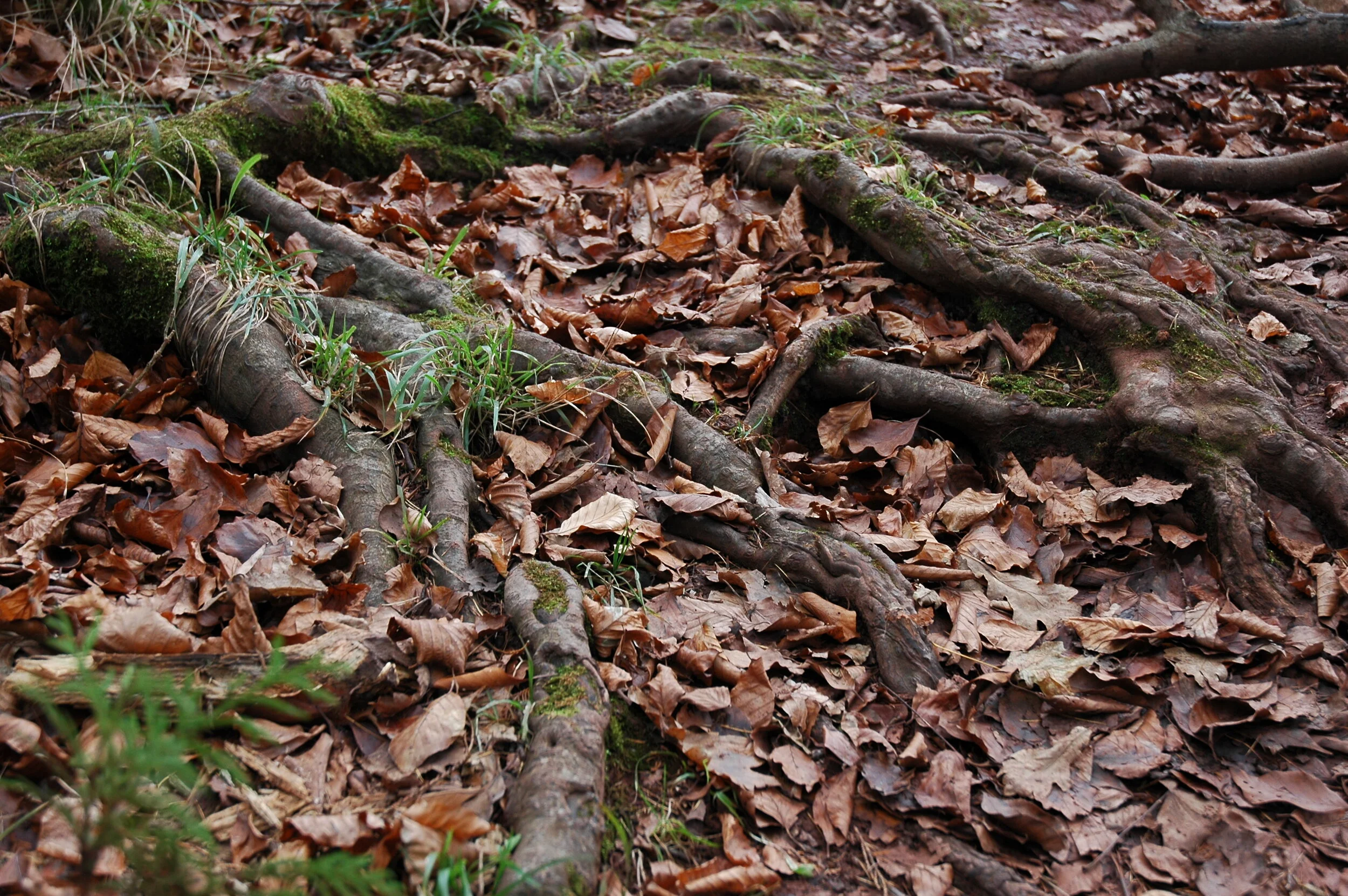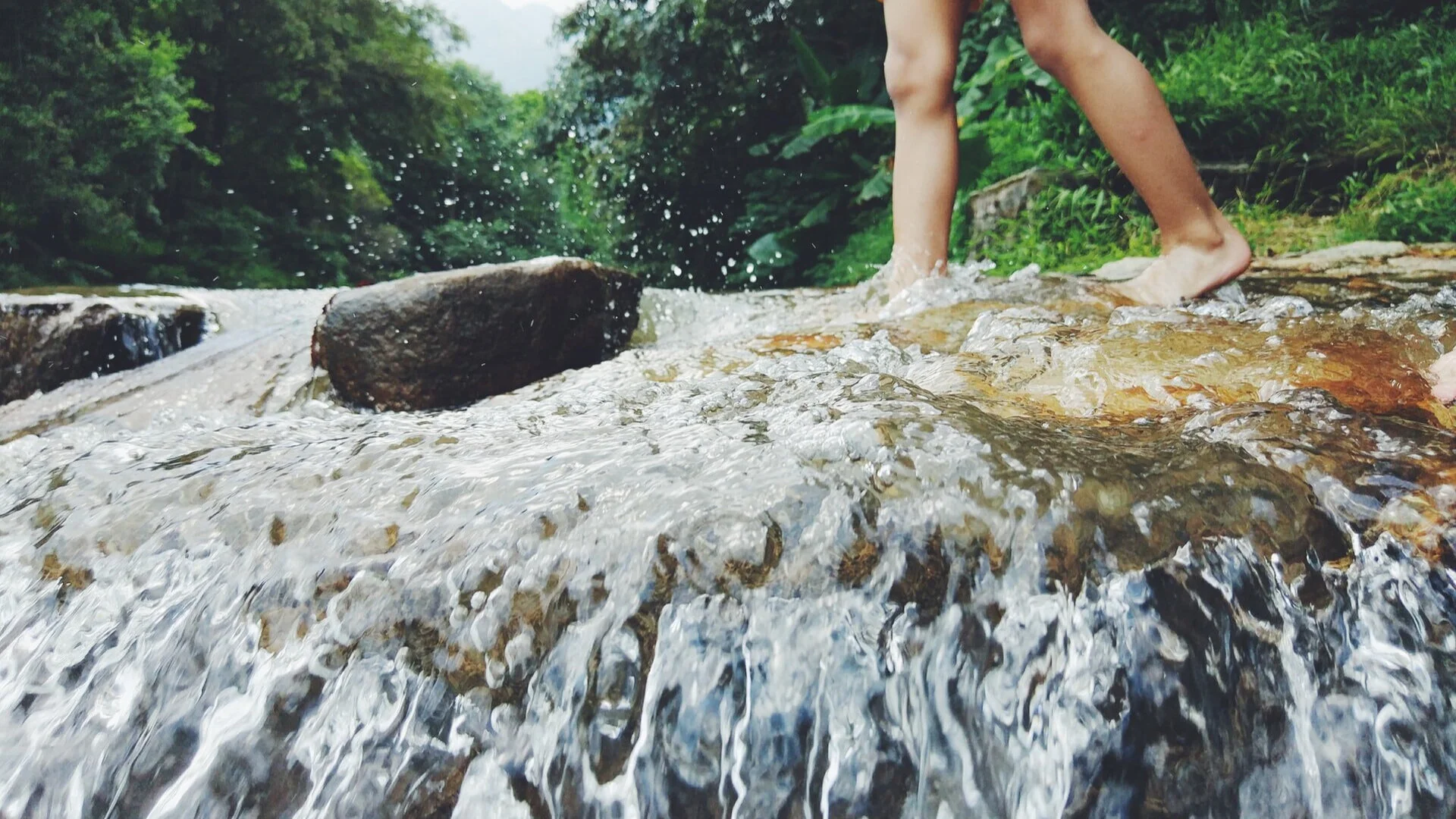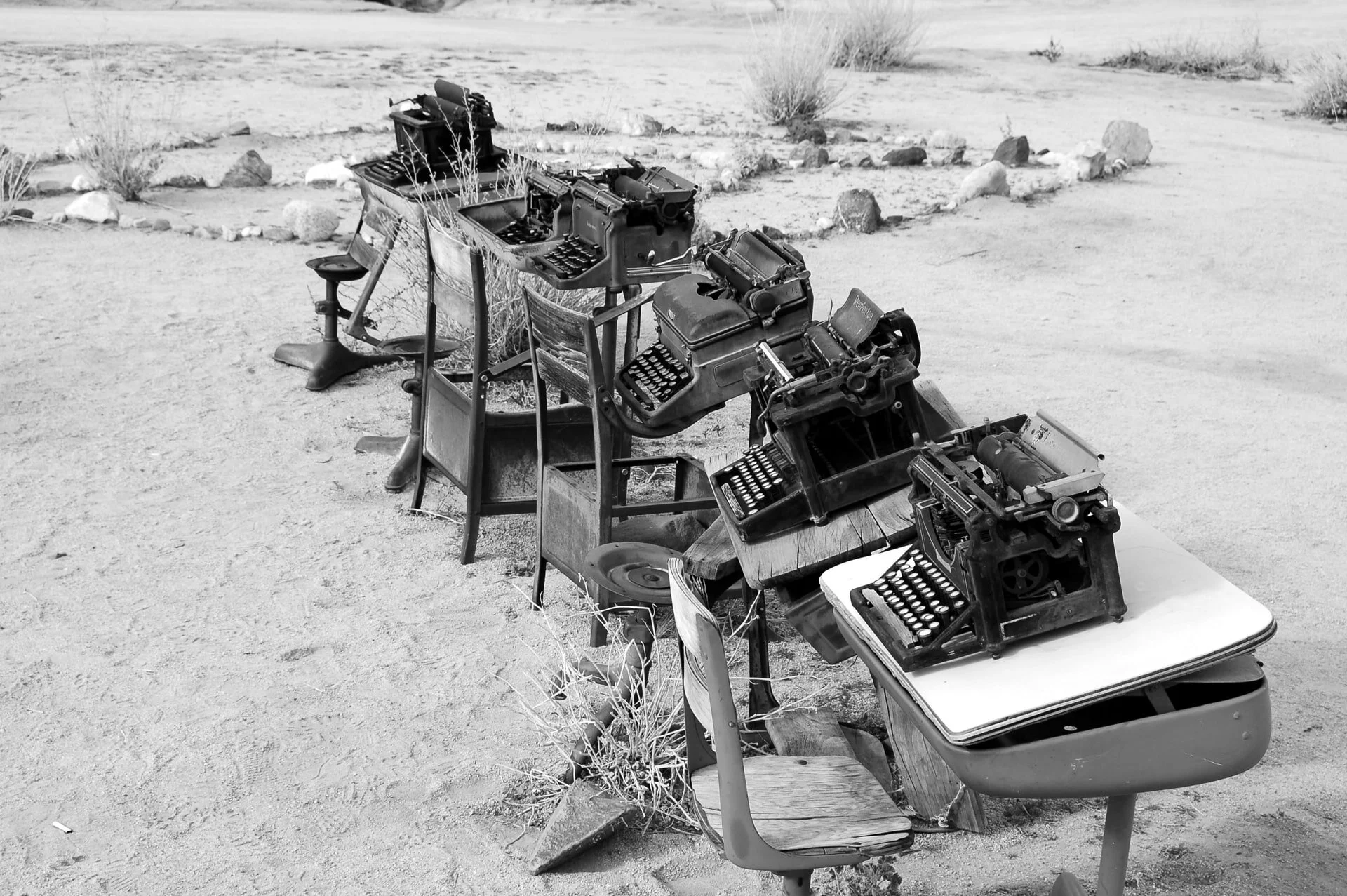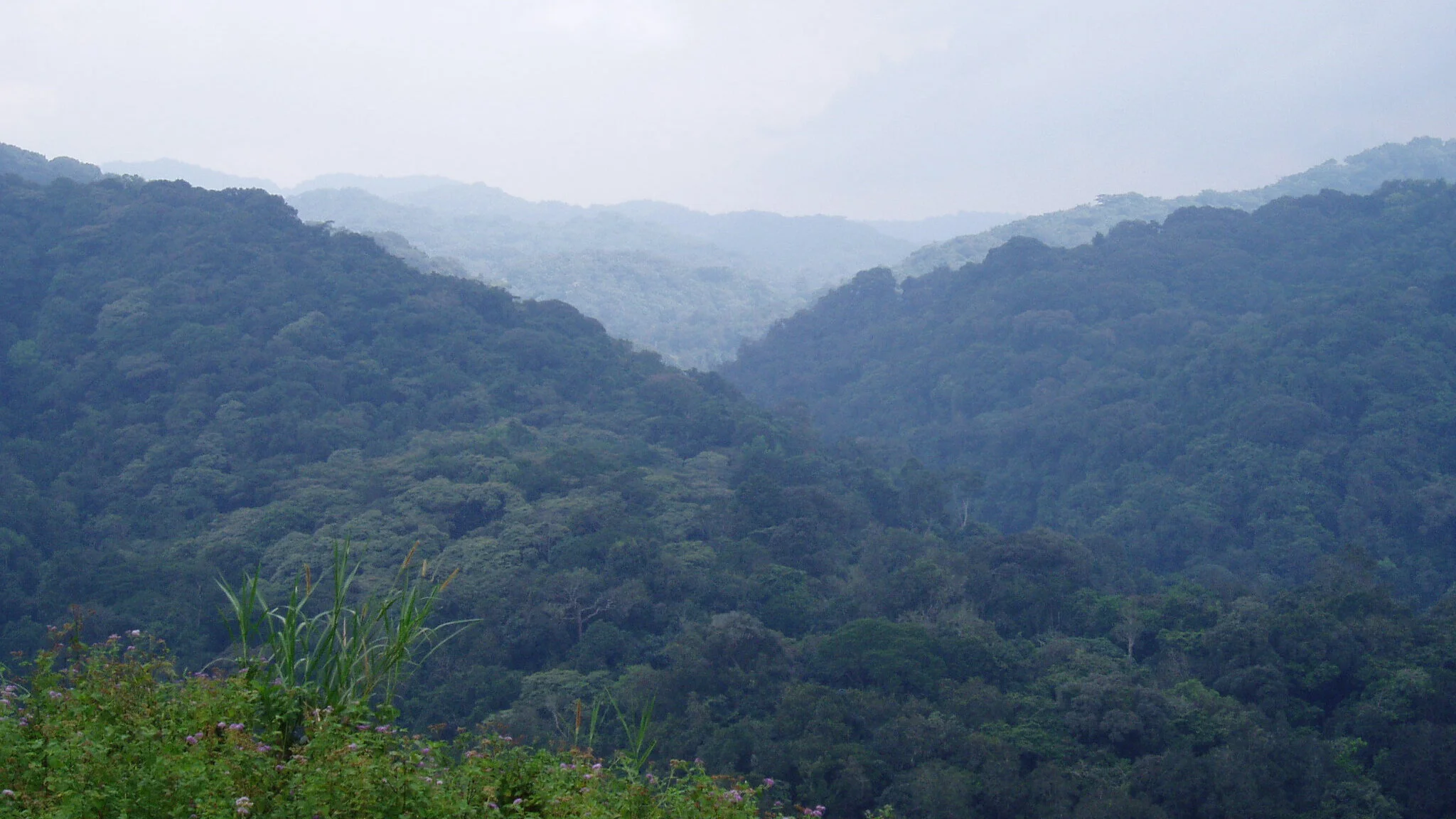Land Weavers started life as a blog called Walking with the Land and evolved into a group focused on practice. Our original articles are all here and we sometimes add to the blog reflecting on our experiences of re-weaving ourselves with the land.
Our blog asks what our relationship with the Earth is, how it might change, and how we can achieve that if it is desirable. We share some of our experiences in relating with the land. We explore what the latest science has to say about relationship with the Earth and what other peoples might teach us on the subject.
If these topics matter to you and you feel you have something to share, please get in touch with us as we welcome guest blogs too.
All Posts
The nights are drawing in and so is our energy at Walking with the Land. We reflect on where we’ve got to, and what the autumn/winter season brings for each of us.
“Nature” is a massive problem. In fact it might be the single biggest issue facing industrialised society. Why is this - and is this as ridiculous as it sounds?
As a scientist, exploring the Somerset coast with artist Sara Dudman has been an enriching experience. What did running a mud painting event on Brean Beach teach me?
A recent study highlighted an invasive plant is very well adapted to the ecological changes we are creating. What if humans were no longer the most adaptable species on the planet?
This summer, travelling to a beautiful part of France made me all the more aware of the detrimental effects of living in a damaged environment. How can we make sure we don’t forget what living on a rich and abundant Earth feels like?
Our society says that if you can count something and make the equations balance you can get things to work. Is this really the way to solve our ecological crisis?
An advert on public transport says that doing our bit for the environment is easy and little. This feels uncomfortable. Are they right?
Many of us now work at computers for the majority of our working days. Can the desk be a place where we feel part of the more than human world?
What can we learn from those with whom we share no words? This is my experience of deeply transformational learning from a tribal elder over the course of just a few minutes.
The Earth’s long history can often seem inaccessible to people. I wonder whether our society’s inability to engage with the scale and urgency of the ecological crisis is linked to our incapacity to grasp the compression of geological time into human timescales. “Anthropocene” is a term that speaks to this merging of timescales. Is it a helpful term or yet another sign of our self-absorption?
Science’s default assumption is that the more than human world is inefficient until proven otherwise. What does this tell us about how we see the world?
Names are important. They carry with them a deep power of description. They can create resonance or dissonance with people who hear them. Why did we choose the name we have for this blog?
Having spent years trying to solve some of the biggest challenges through technology, I realised that it only ever provided a sticking plaster. What then could make a meaningful change?
I share a profound experience I had with a tree and community in my neighbourhood - the M32 Maple and its protectors. It made me reflect on the voice of nature in our cities and our lives more generally.
This blog examines the fundamental reasons for the existence of the blog and why it matters to us. What are the questions that we hope to explore, and how do we plan to do that?

















What are the tools we as humans can use to try and respond to the ecological crisis we see around us? The usual response is to look at technologies and systems, but it is actually elsewhere that we should look for urgent action that will make the biggest potential difference.